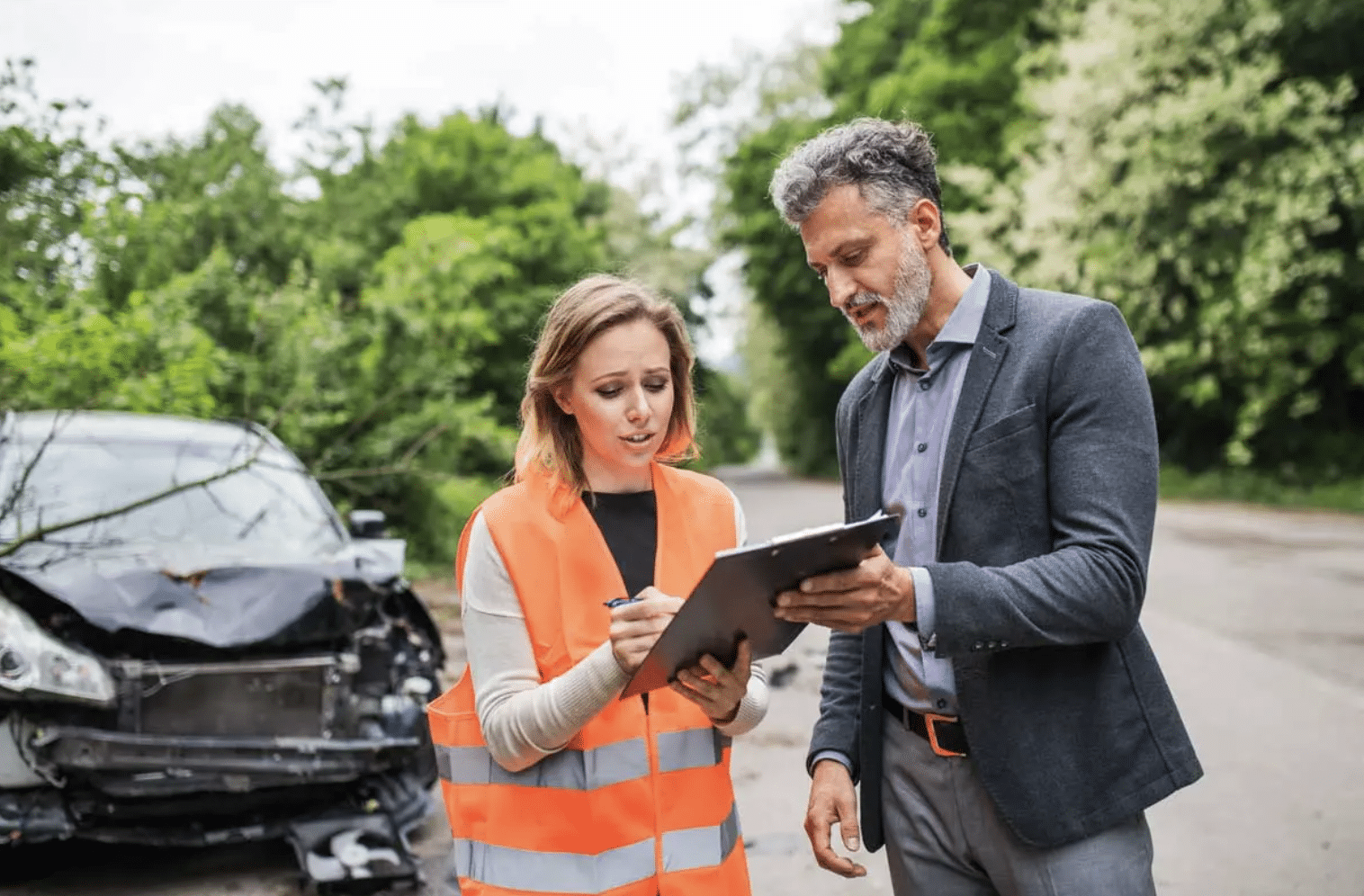Getting caught out by a car scam is an incredibly stressful experience for many people. However, it is possible to avoid fraud and protect yourself from scammers; so, we’ve summarised some of the core checks you should take before purchasing your new vehicle.
Contents
How to Avoid Car Scams and Frauds
Unfortunately, not every vehicle sale is necessarily genuine. Nevertheless, with the right approach, avoiding car scams and frauds is entirely possible. In line with this, the following six tips could help.
#1 Run a Car History Check
Once you’re confident that the seller is genuine, there’s one last step to authenticate this: running a car history check. This is an incredibly simple process; all you need is the vehicle’s number plate.
Simply enter the plate details into a car check website, and you’ll be provided with a range of useful information that can help you decide whether a car is genuine. This includes details on the registered vehicle’s features (such as model, colour, and the like), as well as MOT history data, past mileage records, write-off status, stolen status, and so on. This information can help you make an informed decision instead.
#2 Do Your Research
It’s important to carry out market research before buying any car (especially if purchasing online). As part of this, try to check what the typical prices are like on cars of a certain age and condition and compare this to any vehicles you’re interested in. If they seem significantly outside of this window, ask yourself why; it could be that the seller has simply mispriced the vehicle (but more likely, it could be too good to be true).
#3 Check the Individual’s Selling History
If you’re buying through online selling sites (for example, Facebook Marketplace), the seller’s past or current listings will likely be visible. If this is the case, try to check what they’ve listed in the past and when they joined the platform. Verifying this can help you decide whether they are genuine. Be cautious of individuals who have joined the site recently with many vehicles listed in that time; while they could be a dealership, this can also be a sure sign of a scam.
#4 View the Vehicle in Person
As they say, pictures can be misleading. As such, viewing the car in person before you pay is irrefutably vital. Furthermore, be cautious of sellers who try to pressure you into paying a deposit or in full before you’ve seen it in person for yourself.
#5 Check the Logbook and VINs
While viewing the vehicle, checking that the car matches the information you’ve been given is vital. As such, inspecting the logbook – to make sure that it is genuine and corresponds with the vehicle’s features – and making sure the VIN is correct is vital.
#6 Be Aware of Current Scams
Many people think car fraud is only in relation to vehicle sales. However, this isn’t entirely correct. There are also many other types of scams that fall into this category, such as receiving a text claiming to be from the DVLA; always check any communications relating to your vehicle carefully to ensure they’re genuine.
Don’t Get Caught Unaware
Falling victim to fraud is a hugely distressing experience – and this is even more upsetting when you’re subsequently caught out without a means of transport. In line with this thought, making sure that you have checked a vehicle purchase thoroughly with a car checker tool before you hand over any money is crucial, and today’s simple tips should help with that.

